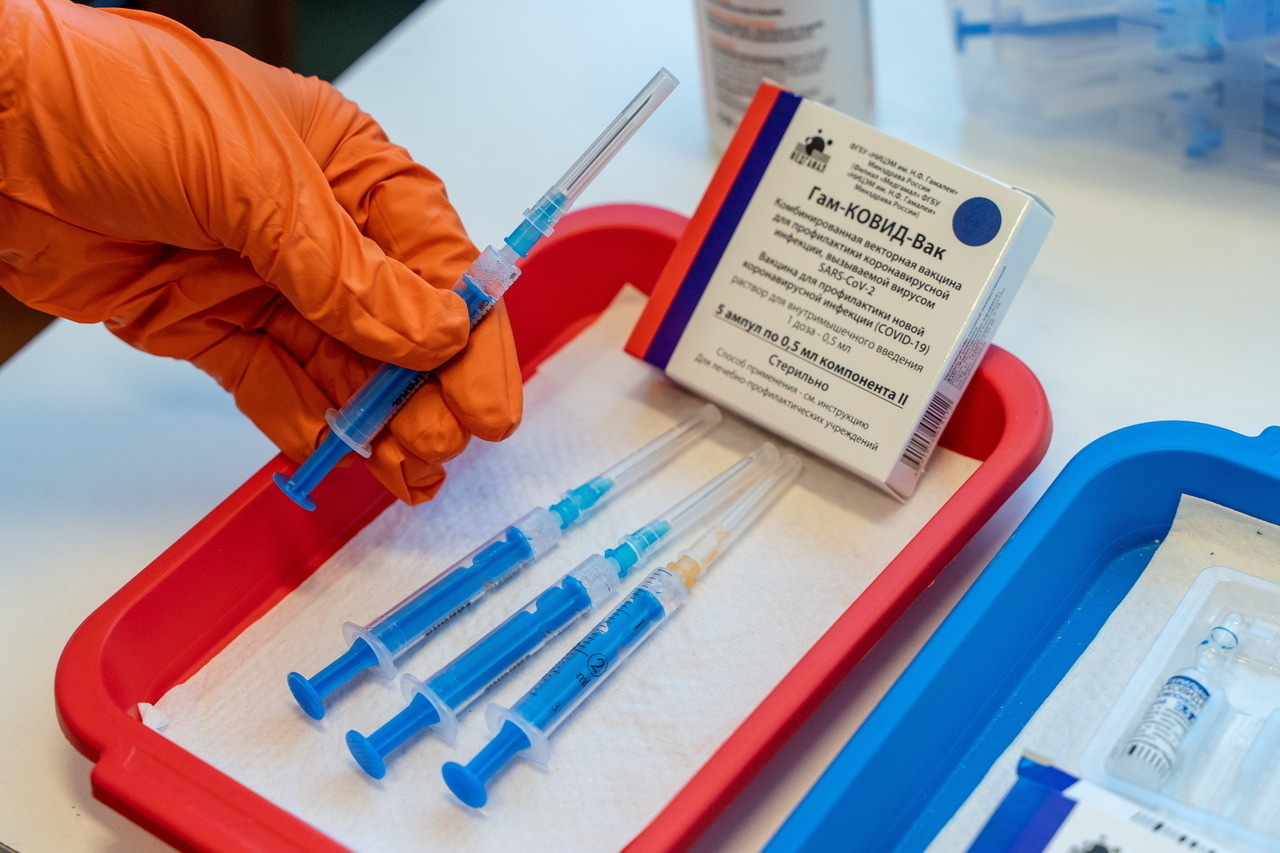Hungary has hoarded a large number of vaccines – what now?

Gergely Gulyás announced a few weeks ago: Hungary will not participate in the European Union’s 2022-23 Pfizer vaccine procurement program. This was justified by the fact that Hungary acquired sufficient quantities of vaccines for the complete revaccination of the population, and the Hungarian vaccine factory will start production at the end of 2022 at the latest. Hungary is the only EU member state to be excluded from this procurement.
According to g7.hu, this decision has also attracted great interest because it is the most popular vaccine in Hungary; many travelled half the country for it. The temporary decrease in vaccination program enthusiasm gained momentum again when the vaccine was made available to a broader audience.
At the same time, the amount needed to revaccinate the population is already available entirely. While Hungary’s population is only 2.2 per cent of the EU, the absolute size of the Hungarian vaccine stock is surpassed only by Germany and Italy. In addition, only Malta remains ahead of Hungary in the progress of vaccinations within the EU.
This is only the quantity in Hungarian warehouses. Many million doses are still on their way. The foundational question is how many want to vaccinate themselves. According to Gergely Gulyás, it is possible to reach 6 million at best.
The problem with the vaccination of around 60 per cent is that it is not enough for herd immunity, according to experts. The other problem is that it can not be known when revaccinations will be needed, and much of the EU procurement of Pfizer is aimed at that cause.
What has not been mentioned at all in this context so far, however, is the shelf life on vaccines.
There is good and bad news in this regard. Sinopharm and the single-dose Janssen do not expire for two years, while Moderna has a shelf life of seven months from production and Sputnik, Pfizer, and AstraZeneca have only half a year. The last of Moderna and Pfizer are to arrive in the third quarter of this year, so they should be utilised by the first quarter of 2022.
It also undoubtedly plays a role in the fact that the Hungarian government is donating and lending more and more vaccines. In terms of sustainability, the loan is advantageous, as the country will get back vaccines that can be used for longer than the ones it lent.
There are several things that can overshadow this seemingly bright vision.
The virus variants have so far been responsive to the vaccines, so they did not prove to be fundamentally ineffective, except for one: South Africa has not even started using the Astrazeneca vaccine en masse due to its poor performance against the local mutation. It can be seen from this example that the almost inevitable consequences of mutations cannot be predicted.
In addition, the expropriation of vaccines in countries with money and/or production capacity is disrupting the progress. In democracies, it would not have been possible to push the initiative of slowing down the domestic vaccination program due to shipments to poorer countries.
The government says that all vaccines are equally good, and since there is enough in stock, there is no need to spend 120 billion on new purchases. In the case of responsible public finance management, this is, of course, a defensible position, but there are at least two confusing factors in this regard.
One is that the government is not so prudent at all in spending public money to the East in other cases, like Chinese ventilators. The other is the purchase of Sinopharm itself, its price and quantity. Based on the figures presented by Gergely Gulyás (19 million doses, 120 billion forints), it turns out that a dose of Pfizer in 2022-23 would cost a little more than half as much as Sinopharm.
The government argued that it was an economically viable investment and it saved many lives. Concerns about the effectiveness of the Chinese vaccine in the elderly, however, are still worrying.
Bahrain and the Arab Emirates are trying to treat the lack of antibodies with a third vaccine. The need for this was hardly foreseeable, so it is incomprehensible why 5 million doses of the world’s most expensive vaccine had to be ordered.
Source: g7.hu

